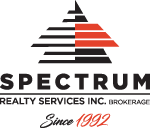Navigating Mortgage Renewals: A Guide
After weathering the initial excitement and stress of obtaining a mortgage for your new home, a new hurdle awaits at the end of your first term: A mortgage renewal. This does not have to be another daunting process though. We have curated a few points to help you smoothly navigate your mortgage renewal.
About Mortgage Renewals
A mortgage renewal is the process of renegotiating the terms of your mortgage with your current lender, whether it be a bank or a private lender. A typical mortgage has a duration of five years or less, meaning you will be revising the terms of your mortgage on a regular basis throughout the life of your mortgage, also known as the amortization period.
At each renewal, you secure a new interest rate (whether it be fixed or variable) based on the market conditions. It also gives you a chance to adjust other aspects of your mortgage such as the payment frequency (ex. bi-weekly to monthly) and your mortgage prepayment allowance based on your financial situation. If you once had a variable mortgage that left you with unpredictable payments each month, you can now secure a fixed rate mortgage that may provide some reprieve.
You may also opt to increase your regular mortgage payments to shorten the amortization period or apply a lump sum payment towards the principal balance of the mortgage at no penalty.
Key Things to Note Before Your Renewal
- Be Prepared: Lenders typically send a renewal notice at least 21 days before your current term ends. This notice outlines your current mortgage details and proposes renewal options.
- Do Your Research: This is your opportunity to shop around and compare rates from other lenders and brokers once you have reviewed your lender’s initial offer. Tools like mortgage calculators and comparison sites help you estimate your potential interest savings and have a better idea of what competitors are offering in the market so you can determine whether your lender’s deal is the best choice for you.
- Consider Other Options: Renewing your mortgage presents the prospect of various options like fixed or variable interest rates, shorter or longer amortization periods, or the opportunity to switch to a different mortgage product, such as an open or closed mortgage.
- Negotiate! When you are equipped with the knowledge of both what your current lender is offering and what competitors are presenting, you now have bargaining power to negotiate your renewal offer to best suit your needs. Additionally, a good payment history, improved credit score, or increased salary can all positively impact your negotiating position with your lender.
Additional Tips for a Successful Renewal
Even though your lender will notify you of an upcoming renewal, you may want to speak with them several months prior to renewal to begin planning. If, for example, your interest rate is expected to rise, your payments will likely increase. If you don’t want to extend your term, it’s a good idea to get a ballpark figure of your new payments and begin budgeting to accommodate the change.
Be prepared for your renewal discussion by bringing copies of your financial statements, current employment details, and property tax information to expedite the process. Understand that early repayment of your mortgage might come with prepayment penalties, so be sure to factor this in when booking your appointment.
Finally, if you are unsure about any aspect of the renewal process, consult a broker, such as those here at Spectrum Realty , to provide you valuable guidance and ensure you secure the best possible deal.
By following this guidance, you can approach your mortgage renewal with confidence and peace of mind. If you’re thinking of buying a new property, contact us for help.


